

Anthony Crawford
1990 Lamborghini Countach review
6 Days Ago
New South Australian State government wants to keep the existing EV rebates, but axe the road-user tax component.

Senior Contributor
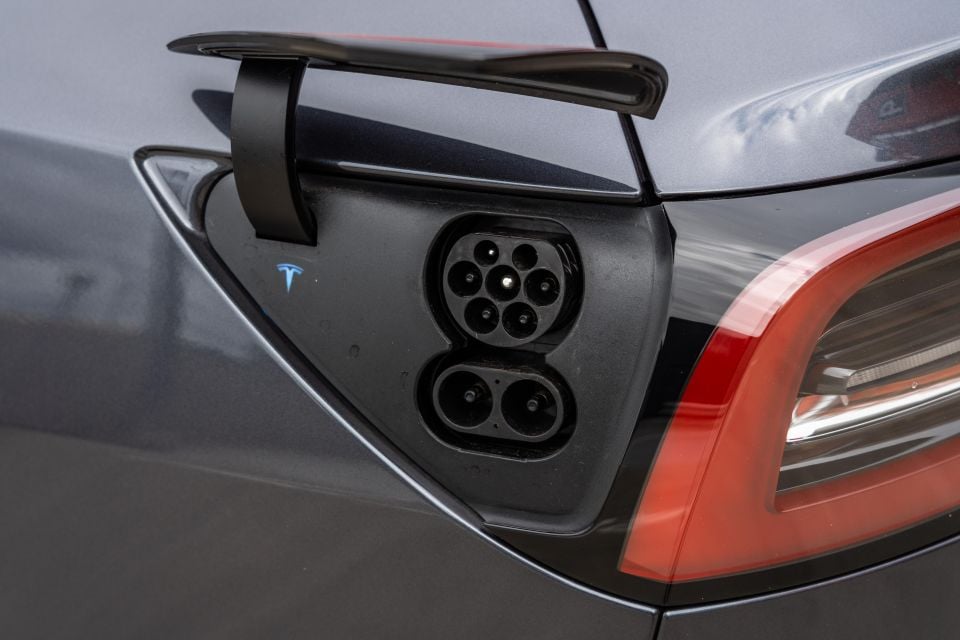

Senior Contributor
The newly elected Peter Malinauskas-led South Australian Labor government has moved to repeal the state’s controversial proposed electric vehicle (EV) mileage charge.
In so doing, it follows through on a campaign commitment.
The previous SA government’s $22.7 million EV support and reform package passed into law late last year, and it’s this package that has now been put on the table for amendment.
While the existing policy offered (and seemingly will still offer) $3000 rebates on EVs priced below $68,750 as well as free registration for three years, it also included a 2.5 cent per kilometre mileage charge on zero-emission vehicles in lieu of fuel excise not being paid.
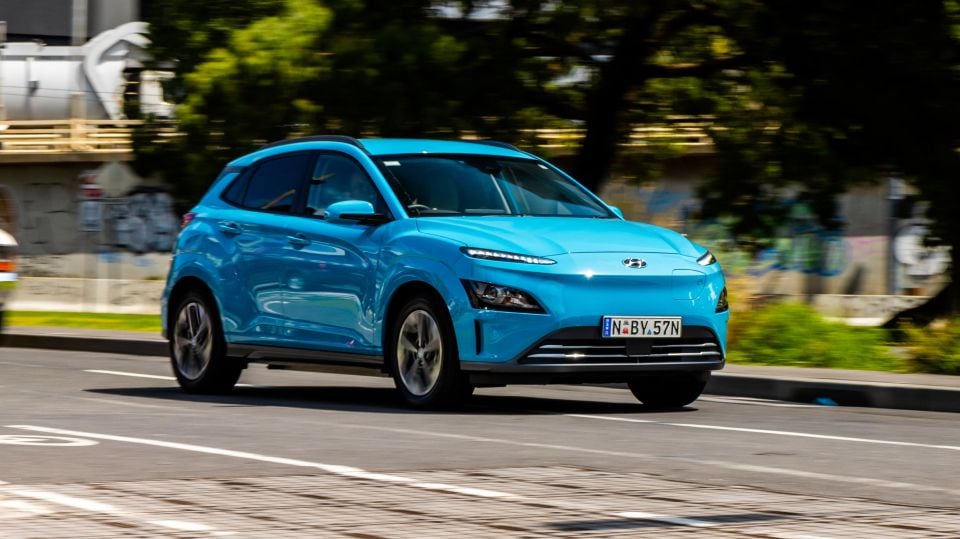
The SA mileage chargewas due to start on July 1 2027, or when EV market share in the state hit 30 per cent. This timeline matched that put forward in NSW and (later) Western Australia, whereas Victoria’s EV mileage tax is already policy.
“We want more South Australians making more environmentally friendly choices, not putting in barriers that dissuade them,” said SA Minister for Transport and Infrastructure Tom Koutsantonis.
“The feedback we received from the community was overwhelming, the Liberals’ decision to introduce this tax would have reduced community uptake.
“We are calling on Opposition Leader David Speirs and the Liberals to admit they made the wrong call by putting this tax in place and back in this legislation.”
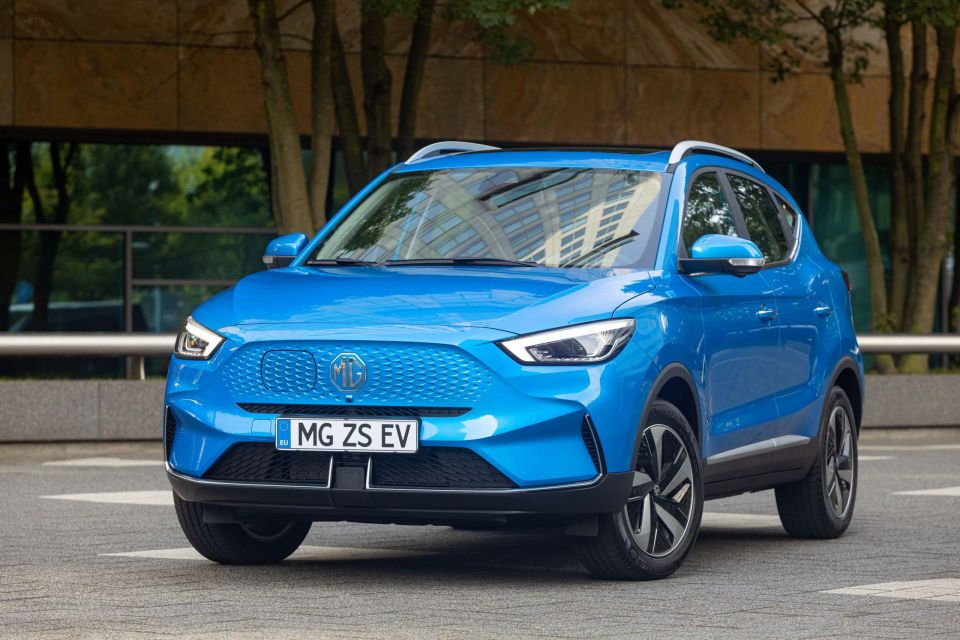
The proposed Motor Vehicles (Electric Vehicle Levy) Amendment Repeal Bill is now on its path through parliamentary scrutiny.
Proposed zero-emission-specific road user charges to make up for lost petrol/diesel excise are a massively controversial issue right now, as criticism reported on here and here demonstrates.
A survey undertaken by the Australia Institute think tank in 2021 showed seven in 10 South Australians were less likely to purchase electric vehicle if a new road user charge were to be introduced.
MORE: What electric car buyer incentives are offered across Australia?
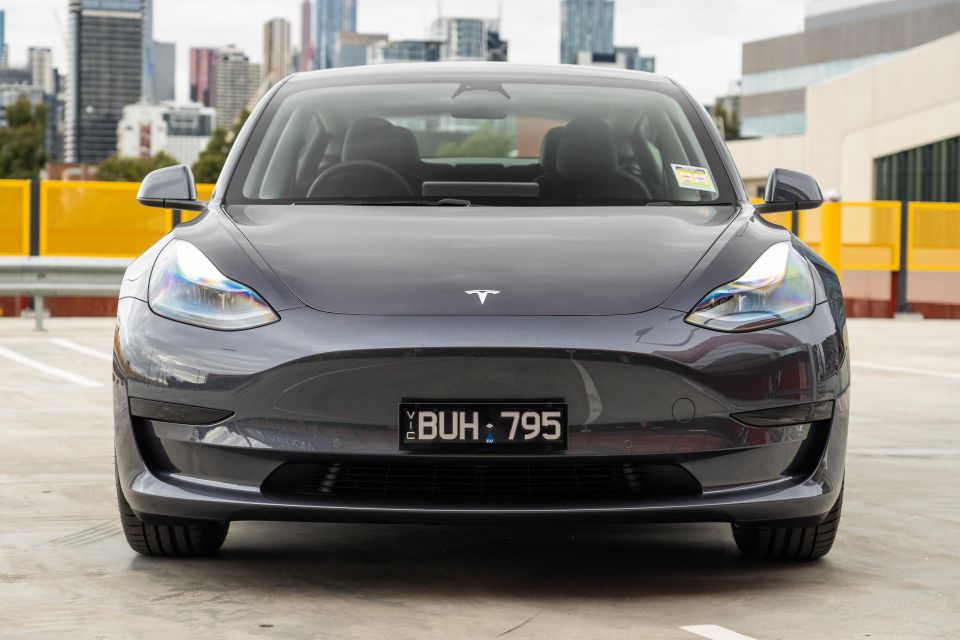
A broader road user charge on all vehicles regardless of fuel type has been proposed by the Federal Chamber of Automotive Industries – peak body for Australia’s car brands – to replace today’s clunky melange of taxes and charges placed on cars.
MORE: WA government releases $3500 EV rebate, 2027 road-user charge MORE: ACT government moving public-servant fleet to EVs, will slash running costs MORE: NSW electric car incentive package passes into law MORE: Queensland the latest state to offer $3000 EV subsidy MORE: Victoria commits to electric car subsidies, 2030 sales target MORE: South Australia passes electric car rebates – and road user tax MORE: Northern Territory commits to electric car incentives


Anthony Crawford
6 Days Ago


Matt Campbell
5 Days Ago


James Wong
4 Days Ago


Max Davies
2 Days Ago
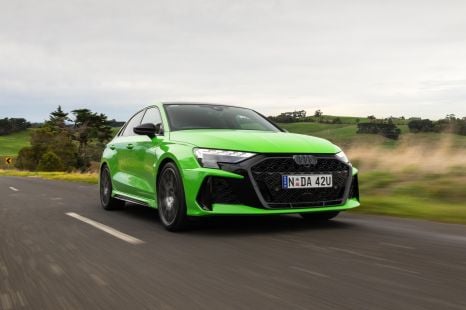

Josh Nevett
1 Day Ago
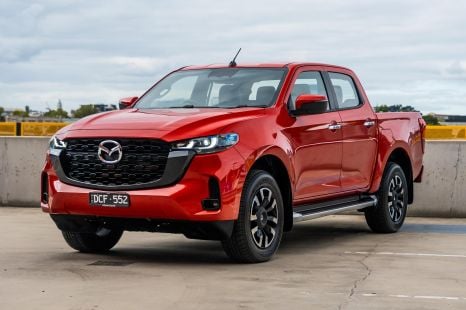

Josh Nevett
20 Hours Ago